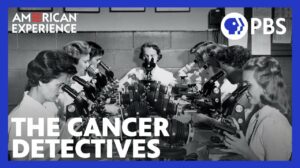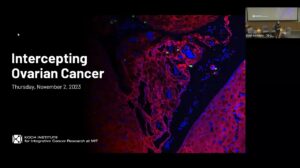NEW YORK (Reuters Health) – Despite its known cardiotoxic effect, trastuzumab is associated with a relatively low risk of congestive heart failure in women being treated for HER2-positive breast cancer, based on long-term outcomes in a large clinical trial.
“The risk versus benefit of trastuzumab as given in this regimen remains strongly in favor of trastuzumab,” conclude the authors of the report in the Journal of Clinical Oncology online September 17.
Dr. Priya Rastogi,with the National Surgical Adjuvant Breast and Bowel Project (NSABP) in Pittsburgh, Pennsylvania, and colleagues explain that trastuzumab given with or after adjunctive chemotherapy improves survival in patients with HER2-positive breast cancer, but cardiac dysfunction is a concern with this strategy – especially when the chemo includes an anthracycline.
The current findings come from a follow-up of participants in the NSABP B-31 trial, in which 1,830 women with HER2-positive, node-positive breast cancer were treated with doxorubicin and cyclophosphamide followed by paclitaxel with or without trastuzumab.
At a median of 7 years follow-up, there had been 36 cases of congestive heart failure and one cardiac death among the 944 evaluable patients who received trastuzumab, and 9 cases of CHF and one probable cardiac death among the 743 patients in the control group. That translates to a cumulative incidence of cardiac events in the two arms of 4.0% and 1.3%, respectively, the investigators report.
With discontinuation of trastuzumab, 33 of the 36 CHF patients became symptom free, but left ventricular ejection fraction remained below baseline levels in 25 patients, according to the report. Still, 21 subjects had an ejection fraction of 50% or more.
The authors note that they have developed a cardiac risk score (CRS) for estimating individual patient’s likelihood of developing cardiac dysfunction with the addition of trastuzumab to paclitaxel after doxorubicin-cyclophosphamide chemo.
“For patients who have a higher CRS, there may be overall greater potential benefit from a regimen that has proven efficacy but excludes anthracyclines,” Dr. Rastogi and colleagues suggest. “Alternatively, patients with low cardiac risk and more advanced clinical features of their cancers may derive excellent overall benefit from the treatment regimen in B-31.”




